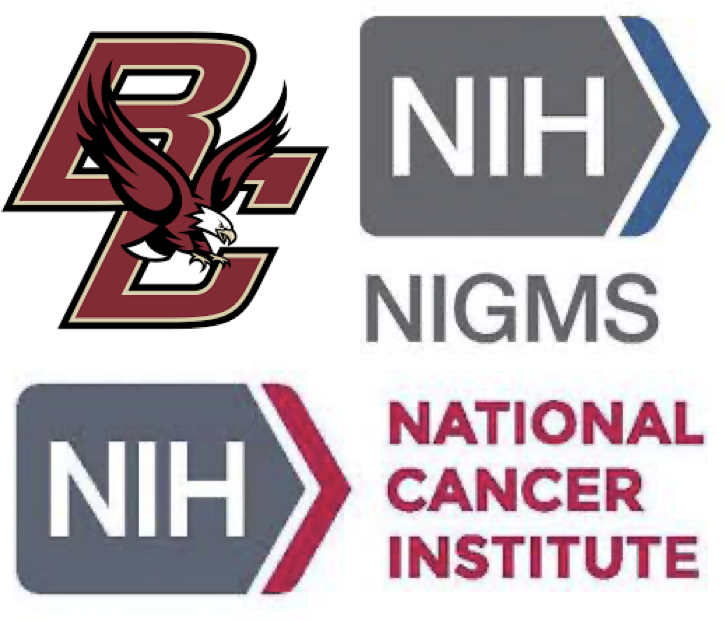
Chemical modifications occur widely in nucleic acids and exert important regulatory functions in biology. Chemical modifications can change electrostatics, hydrophobicity, steric hindrance, and hydrogen bonding propensity of the modified moieties (i.e. nucleobases and sugar-phosphodiester backbone), and thus alter nucleic acids structure, stability, and interactions with surrounding molecules. Dysregulations of the chemical modification landscapes and their effector proteins have been found closely relevant in abnormal cellular functions, development disorders, and diseases.
The Zhou research group focuses on developing and applying new technologies to visualize spatial and temporal distributions of chemical modifications in the mammalian transcriptome at base-resolution, studying molecular mechanisms of how chemical modifications and their regulatory network control gene expression, and developing tools to modulate transcript-specific RNA modification level in order to revert dysregulated epitranscriptome in diseases. Projects in the Zhou lab take interdisciplinary approaches including directed evolution, protein engineering, RNA and enzyme biochemistry, mass spectrometry, next-generation sequencing, bioinformatics, and structural biology. Ultimately, we aim to achieve an in-depth understanding of regulatory mechanisms of epitranscriptome that can lead to discoveries of novel drug targets and diversify the toolbox of gene therapy.

Chemical modifications are diverse, and so are we!
We seek for students and scholars passionate about science and research from diverse backgrounds, and foster a diverse and inclusive lab environment, which nurtures collaboration, creativity and individual growths.

We are proud to be in a community that values diversity, equity, inclusion and respect (DEIR).
DEIR group at BC Chemistry: https://bcchemdiversity.wixsite.com/home
We deeply appreciate the fundings that support our research, provided by,
Boston College
the National Institute of General Medical Sciences (NIGMS)
the National Cancer Institute (NCI)
